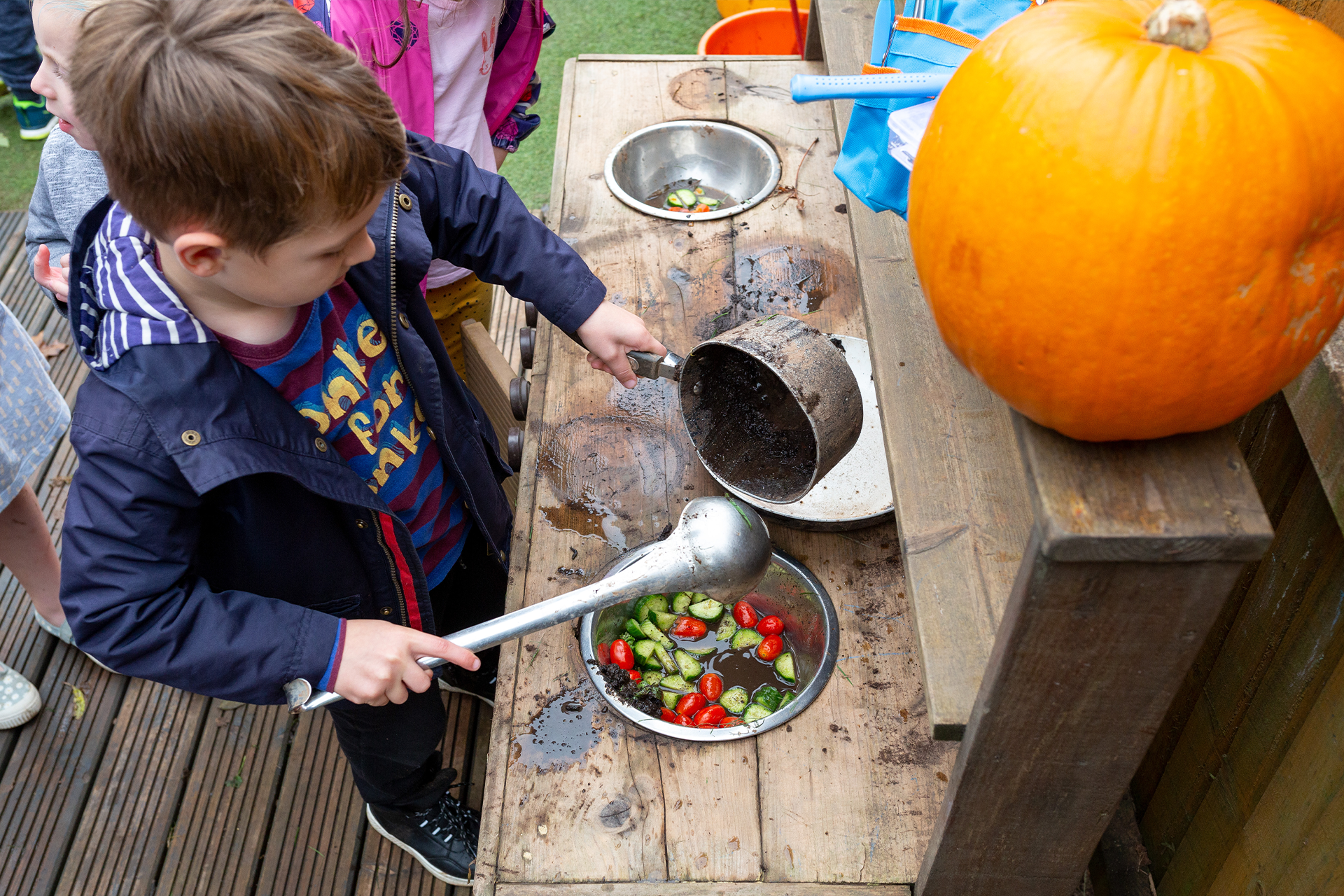Play is a vital component of a child’s development. It’s universal, and transcends culture, language, and age. We’re keen to explore the critical role that play serves in early childhood and why parents and those caring for young children should embrace and encourage it.
Through play, children explore, learn, and make sense of the world around them. Have you ever watched a child role play? They take experiences and observations and incorporate them in their play. Think about a child pretending to feed a baby a bottle, or “washing dishes” at a role play kitchen, or using a play stethoscope to listen to their teddy bear’s heart.
Play fosters problem-solving skills, as children encounter challenges and experiment with different solutions. They learn to think critically and make decisions. All skills that will be beneficial further down the line for them.
When children are playing around others, they’re making connections with their peers, or learning from other children or adults to give them ideas. Children have the opportunity to cooperate, resolve conflicts, communicate, and lean with each other when they’re given the chance to play as part of a community.
Often, the reason parents or other caregivers don’t play with their children as often as they’d like is because they just don’t know how. As adults, we may not tap into our imagination all that much, and this can leave us at a loss of how to ‘play pretend.’ For the most part though, children will lead their own play. They’ll invite you into their world when and how they want to.
Think about a child offering you a pretend cup of tea from their tea set. The child is inviting you to engage – you don’t have to ask a million questions or turn into Mrs Doubtfire, but you can continue the play by asking for some sugar for your tea or asking if the tea is hot or cold so you know whether or not to blow on it.
Let children do what they’re designed to do; play.

